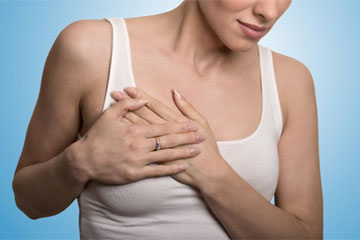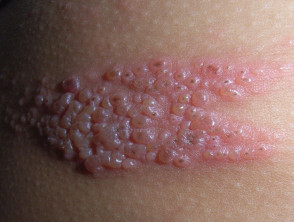Cholera. Signs and Symptoms
Cholera is an acute, diarrheal illness caused by infection of the intestine with the bacterium Vibrio cholerae and is transmitted by contaminated food or water. The infection is often mild or without symptoms, but sometimes it can be severe.
Approximately 5-10% of persons will have severe cholera which in the early stages includes:
-
profuse watery diarrhea, sometimes described as “rice-water stools,”
-
vomiting
-
rapid heart rate
-
loss of skin elasticity
-
dry mucous membranes
-
low blood pressure
-
thirst
-
muscle cramps
-
restlessness or irritability
Persons with severe cholera can develop acute renal failure, severe electrolyte imbalances and coma. If untreated, severe dehydration can rapidly lead to shock and death.
Profuse diarrhea produced by cholera patients contains large amounts of infectious Vibrio choleraebacteria that can infect others if ingested, and when these bacteria contaminate water or food will lead to additional cases.
Persons caring for cholera patients can avoid acquiring illness by washing their hands after touching anything that might be contaminated and properly disposing of contaminated items.
Infected persons, when treated rapidly, can recover quickly, and there are typically no long term consequences. Persons with cholera do not become carriers of the disease after they recover, but can be reinfected if exposed again.
Source
Centers for Disease Control and Prevention






